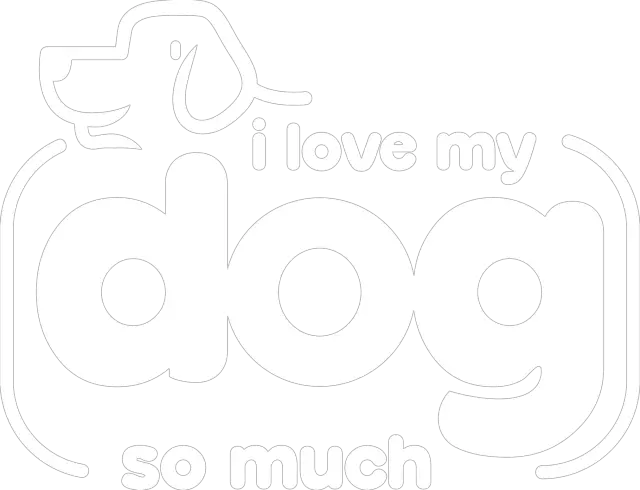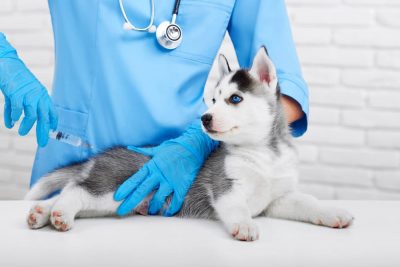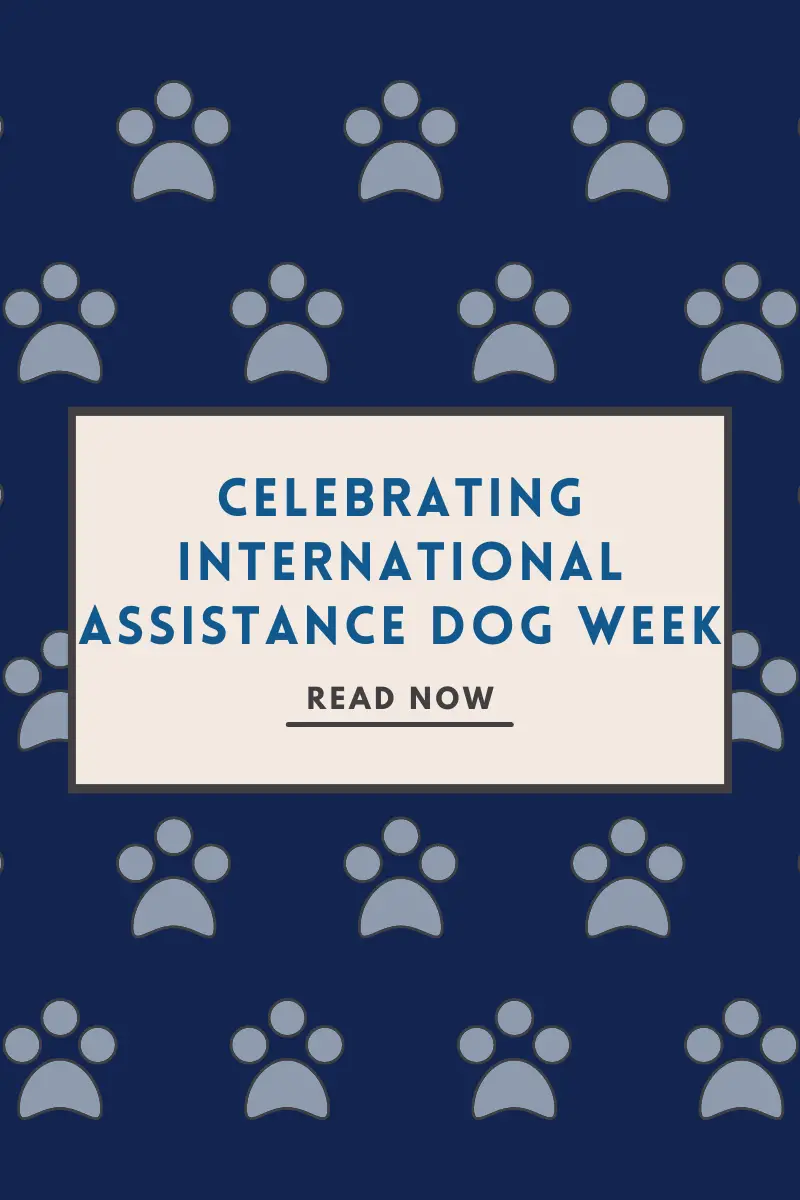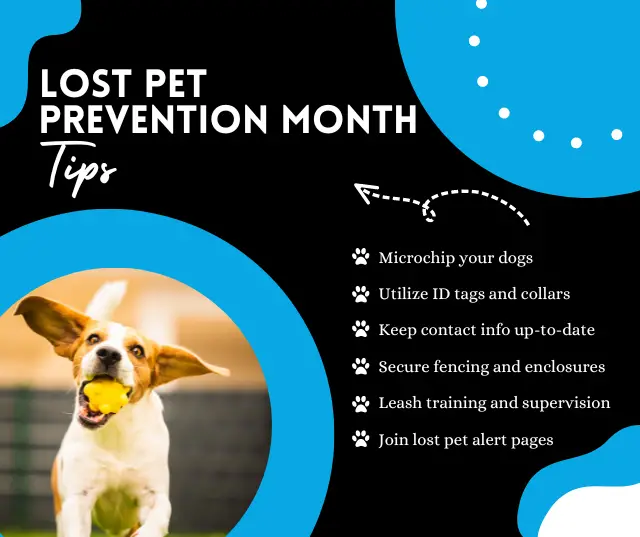Dogs can suffer from food allergies just like humans, and it is important to be aware of the symptoms and how to properly care for your pet if they are diagnosed with a food allergy. A food allergy is an abnormal response to a particular ingredient in the dog’s diet, usually a protein or carbohydrate source. While some dogs may have more than one food allergy, most dogs only have one.
The most common signs of a food allergy in dogs include itching, redness of the skin, hair loss, ear infections, vomiting, and diarrhea. If you notice any of these symptoms in your dog, it is important to take them to the vet as soon as possible for diagnosis and treatment.
The only way to definitively diagnose a food allergy is through an elimination diet trial. This involves feeding your dog a novel (i.e., one) source of protein and carbohydrate for 8-12 weeks while monitoring their symptoms closely. If their symptoms improve during this period then it is likely that they have a food allergy. Your vet may also recommend blood testing or skin swabs for further confirmation.
Once your dog has been diagnosed with a food allergy, the best course of action is avoidance of the allergen(s). This means switching your pet’s diet to one that does not contain any ingredients that they are allergic to. Common allergens include beef, dairy, wheat, egg, chicken, lamb, soy, pork, rabbit and fish so it is important to read labels carefully when selecting new foods for your pet. You may also need to switch treats or other supplements if they contain any of these ingredients as well.
In addition to avoiding allergens in their diet you should also keep an eye out for environmental triggers such as pollen or dust mites which can cause flare ups in some pets with allergies. Keeping your home clean and free from dust and other irritants can help reduce flare ups caused by environmental triggers.
Finally it is important to remember that some dogs may require medication during severe episodes even after eliminating allergens from their diet. Speak with your vet about what medications might be appropriate for your pet if needed and always follow their instructions carefully when administering medications at home.









